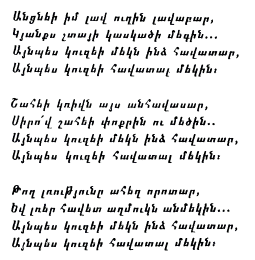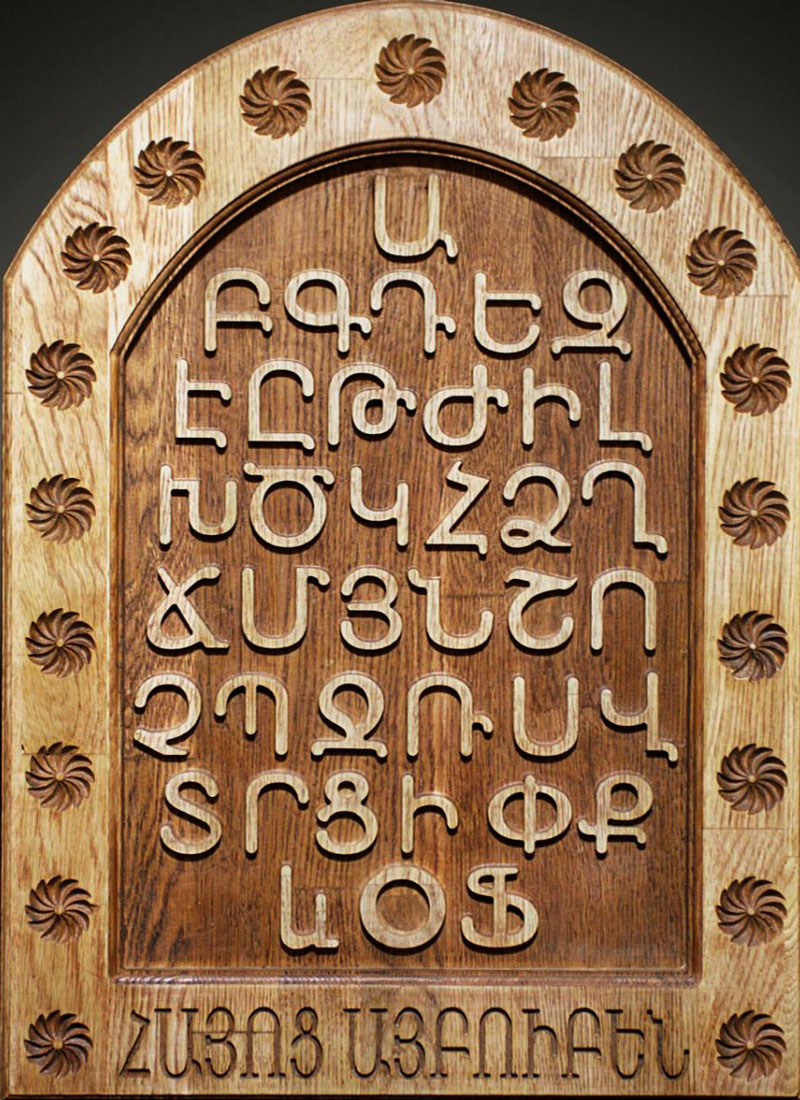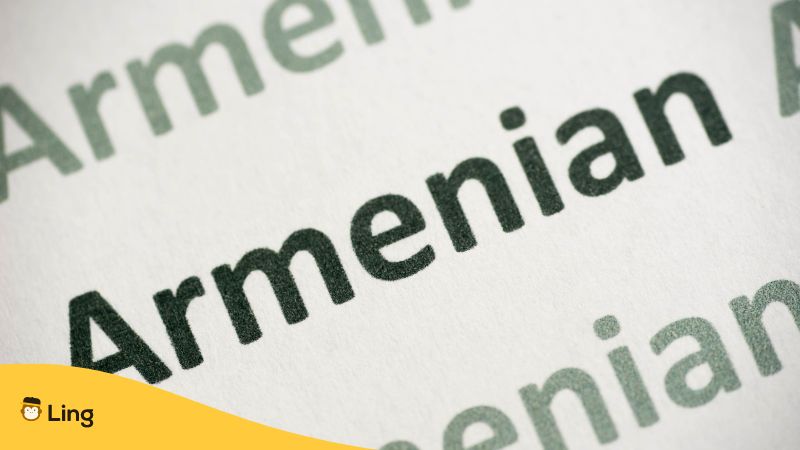Russian (1917-1918) and Armenian (1922) Orthographic Reforms. Assessing the Russian Influence on Modern Armenian Language
Por um escritor misterioso
Last updated 26 abril 2025

The Russian Orthographic Reform (1917-1918), which initiated the Armenian one (1922-1924, modified in 1940) has undoubtedly played a central role in the development of Modern Armenian. To support this thesis, the essay retraces the fundamental phases of the reform, focusing on the two decades from the early 1920s to 1940, i.e., the year when the second orthography reform was promulgated. The Armenian case is undoubtedly a very peculiar one amongst the constellation of the linguistic reforms decreed in the Soviet countries outside Russia. In fact, Armenian avoided both Cyrillisation and Latinisation. Nonetheless, the effects of the 1922 orthography reform are still perceived as a heavy burden today. Ultimately, this essay aims at demonstrating that this issue should also be a concern for Russian Studies.

Russian Azerbaijan, 1905–1920: The Shaping of a National Identity in a Muslim Community (Cambridge Russian, Soviet and Post-Soviet Studies, Series Number 42): 9780521522458: Swietochowski, Tadeusz: Books

FERRO, Marc, Bolshevik Revolution - A Social History of The Russian Revolution, PDF, Socialism

The Soviet Language Revolution - The Moscow Times
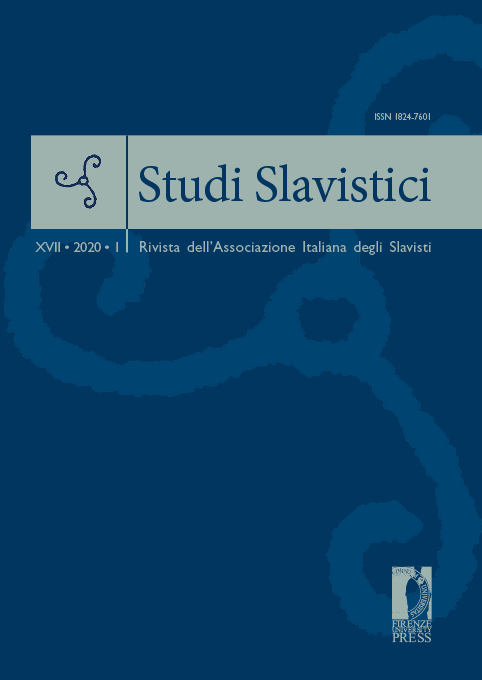
Myth and 'New Russian Realism'. Alisa Ganieva's Rewriting of the Caucasian Tradition in Prazdničnaja Gora
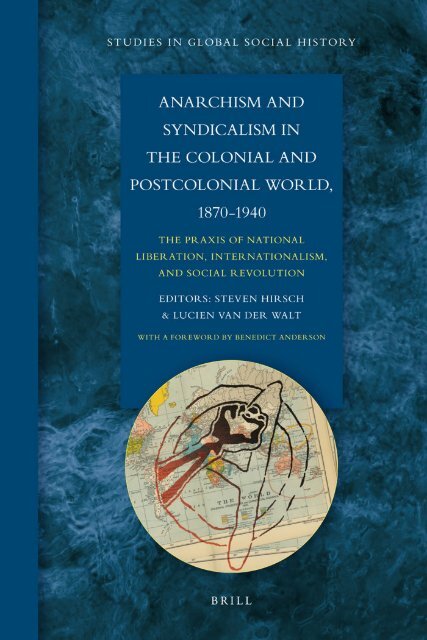
Anarchism1870_1940

Arsène Saparov - From Conflict To Autonomy in The Caucasus - The Soviet Union and The Making of Abkhazia, South Ossetia and Nagorno Karabakh (2014, Routledge) - Libgen - Li PDF, PDF, Soviet Union

Armenian Genocide Resource Center: July 2007

Should Armenia revert to pre-Soviet Armenian orthography? - Quora

Russian (1917-1918) and Armenian (1922) Orthographic Reforms. Assessing the Russian Influence on Modern Armenian Language
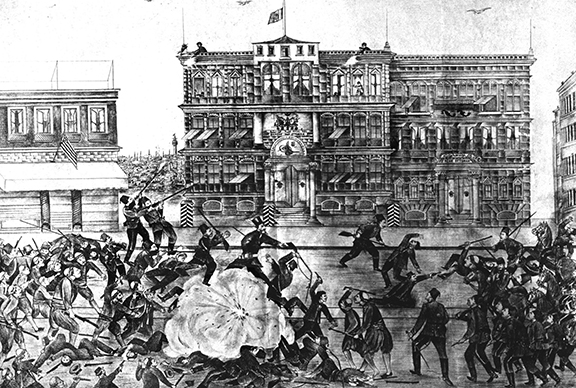
The Armenian Revolution And The Armenian Revolutionary Federation - Armenian National Committee of America



